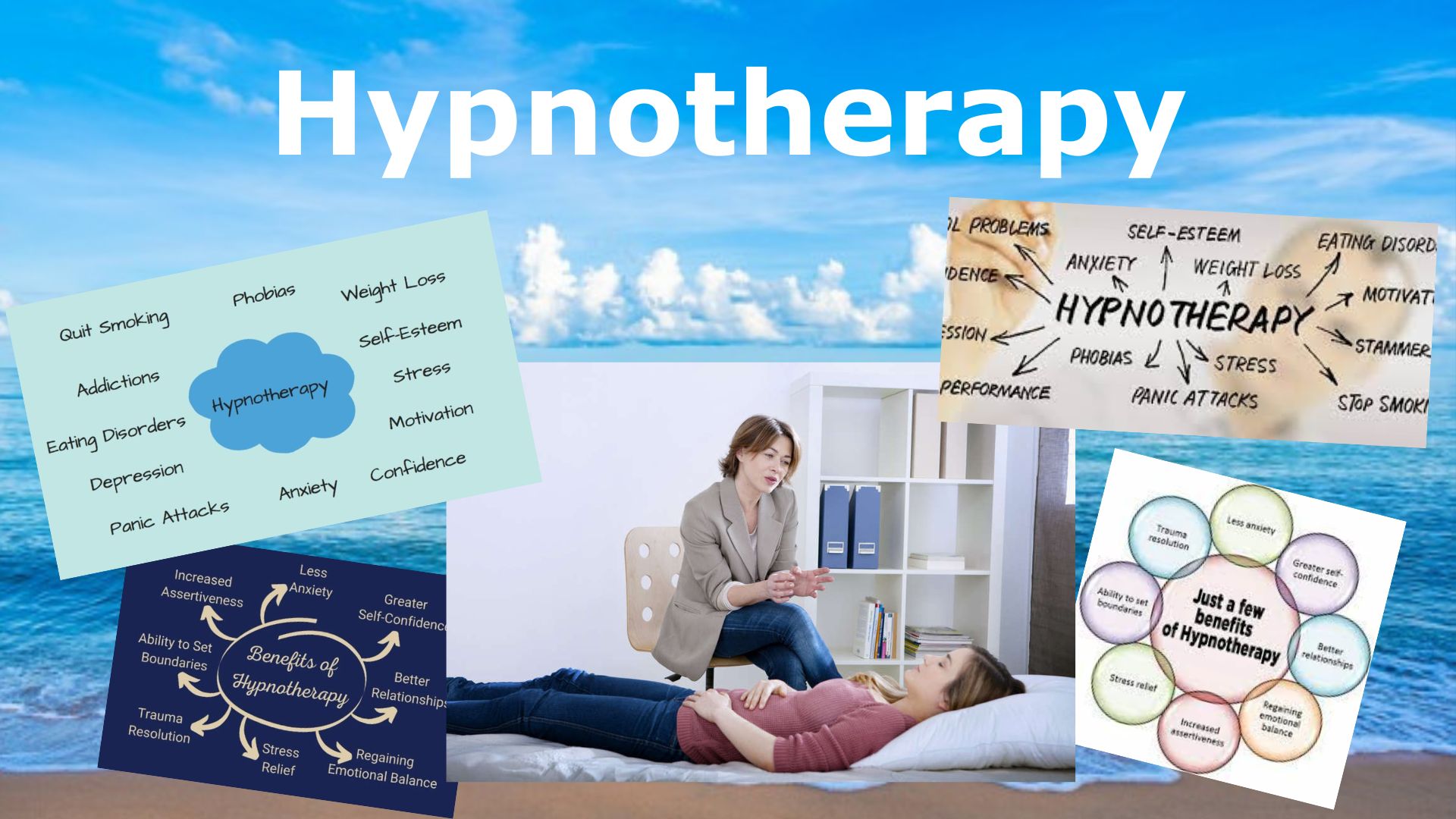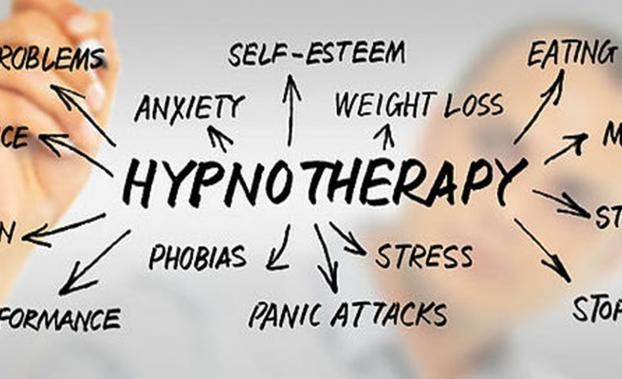
Hypnotherapy
1. What is Hypnotherapy
Hypnotherapy, also referred to as guided hypnosis, is a form of psychotherapy that uses relaxation, extreme concentration, and intense attention to achieve a heightened state of consciousness or mindfulness. In Hypnotherapy, we use hypnosis for therapeutic purposes - to guide someone into a 'trance state' to achieve a specific outcome. Hypnotherapy is perfectly safe, natural and effective. It works best when the client is genuinely choosing to make the change. So you can't do it because someone else is making you - you have to want it yourself.
2. How does Hypnotherapy work?
Hypnosis is an altered state of consciousness. It places the individual into a “trance” or altered state of awareness. In therapy, hypnosis usually involves the person experiencing a sense of deep relaxation with their attention narrowed down, and focused on appropriate suggestions made by the therapist.
3. What Issues do people seek Hypnotherapy for?
- Anxiety and stress
- Behavioural problems
- Chronic pain
- Fears and phobias
- Physical conditions such as IBS
- Unwanted habits
- Skin conditions and migraines
- Panic attacks
- Poor sleep / Insomnia
- Lack of confidence
- Performance anxiety
- Self-esteem issues
- Trauma and complex trauma
- Addictions
4. For whom generally Hypnotherapy is not advised for?
As hypnotherapy is a complementary therapy it is generally not advised for:
- Depressive illness
- Epilepsy
- Psychosis (e.g. schizophrenia)
- Psychiatric Disorders
5. If I am Hypnotized, do I give up control?
No. Hypnosis is a streamlined state of focused attention, similar to when you are absorbed in a book, a film a sport or a craft. You will remain aware and in control at every moment. Hypnosis is a safe, relaxing, and an enjoyable experience. You have the ability to emerge from hypnosis at any time if you wish. Your hypnotherapist could be described as a guide taking you on a journey; they are the facilitator but any change can only be made by you. Realizing that you are in control and can make changes yourself can be very empowering.
The more often you choose to go into hypnosis the easier it is to relax into the process, secure in the knowledge that you remain in control and can end a session of hypnosis at any point should you wish to. As most people find hypnosis deeply relaxing and a very pleasant experience they rarely choose to do this, but they are aware that they could if they so chose.
6. What will happen in a Hypnotherapy Session?
The therapist will ask what has brought you to therapy and what you would like to see or feel at the end of your sessions. They will explain what hypnotherapy is, their method of working and what you can expect from the sessions. After the consultation the therapist will guide you into hypnosis using the method which they believe is most appropriate for you. After a session you may feel uplifted, lighter and most likely, very relaxed. As your hypnotherapist will be working with your subconscious mind, change is often very subtle, so you may just notice a very positive shift in how you are feeling.
7. Do I sleep during Hypnotherapy?
Contrary to popular belief, hypnosis is not a state of deep sleep. It does involve the induction of a trance-like condition, but when in it, the patient is actually in an enhanced state of awareness, concentrating entirely on the hypnotist's voice. In this state, the conscious mind is bypassed and the subconscious mind is influenced. The therapist is able to suggest ideas, concepts and lifestyle adaptations to the patient, the seeds of which become firmly planted.
8. What are the benefits of Hypnotherapy?
The practice of promoting healing or positive development in any way in an individual is known as hypnotherapy. As such, hypnotherapy is a kind of psychotherapy. It aims to re-program patterns of behavior within the mind, enabling irrational fears, phobias, negative thoughts and suppressed emotions to be overcome. After a session one feel uplifted, lighter and most likely, very relaxed. It benefits an individual to reduce experience of stress and anxiety. Relaxation places a major role in stress counseling.
9. How many Hypnotherapy sessions do I need to experience change or healing?
The number of hypnotherapy sessions one will need will depend on the severity of one’s problem and how well you respond to treatment. Most people need between 6 to 12 hypnotherapy sessions. Some people may only need a few hypnotherapy sessions, while others may need more.
10. Is hypnotherapy a 90% success rate?
Because it works on a subconscious level, hypnotherapy can often produce faster results, so less sessions and lower cost. Reportedly, hypnosis has a 90% success rate with less sessions than both behavioural and psychotherapy, according to research studies.Hypnotherapy is provided offline at Tejas Psychological Counselling-Hypnotherapy Center at T.Nagar, Chennai.


Relationship Counselling
- Online Counselling
- Individual Counselling
- Marriage Counselling
- Pre-Marriage Counselling
- Post Marriage Counselling
- Breakup Counselling
- Couple Counselling
- Relationship Counselling
- Divorce Counselling
- LGBTQ Counselling
- Domestic Violence Counselling
- Holistic Integrated Therapy
- Hypnotherapy
- Life Coach
- Counselling Psychotherapy - An Awareness
